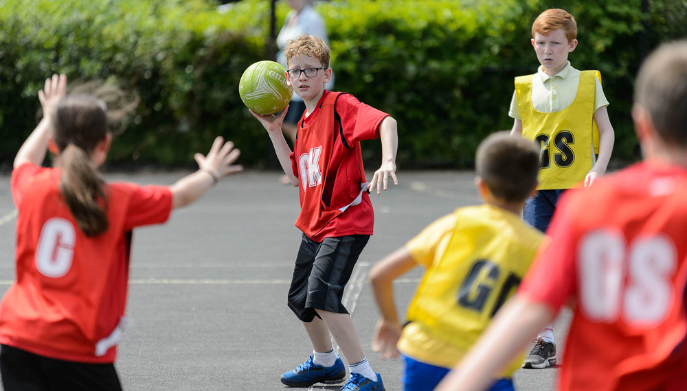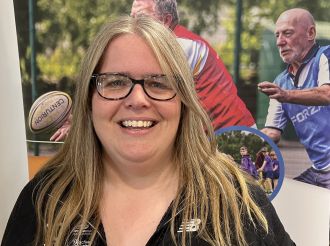Play Your Part: Latest Sport Welfare Officer Blog

September 30, 2025

A blog by Liz Wright - Sport Welfare Officer.
Physical activity and sport has so many positives for children and young people, it can improve both their mental and physical health. How you engage with your children’s activity can have a significant impact on how they feel about participating and whether they stay involved long term.
This Keeping Your Child Safe in Sport Week were encouraging parents and carers to ‘Play Your Part’ and be your child’s biggest supporter!!
Talk with your child – see what they want to get from the sport or activity – do they want to keep fit, have fun, make friends, learn a new skill, improve an existing skill, enjoy competition?
How do they want you to cheer them on? Do they want you to be a ‘loud cheerleader’ or a ‘quiet observer’. It is easy to get carried away when you are watching your child play but respecting their boundaries is essential, we can all be the embarrassing parent at times but week in week out can be too much for some children. Let children set their own goals for their involvement, it isn’t about what we as parents and carers want, it is important that any parental involvement improves their involvement rather than hinder it.
Watch your words – Positive support only. Screaming and shouting at a child or young person about what they have done ‘wrong’ is not only distracting but cruel. Any conversations about potential improvements can be had after the game or during any breaks and are usually better coming from the coach. Children respond much better to praise and encouragement , that is what that inspires them to do better. Your child may not be the best in the team but take the opportunity to tell them what they did better this time, could be a good tackle or a brilliant bowl, or they have finally managed that forward roll that they have been working on for weeks.
Be a good role model – Demonstrate to your child how you should behave in a sporting environment. Again watch your words to your child but also cheer on other children , say thank you to the officials , well done to the referee/ umpire, it all models to children how athletes should behave. Help them to take a defeat as a learning opportunity , it is okay to be frustrated with your performance but it is about learning from it and looking to improve next time rather than focusing on the negatives.
Pass on concerns – If you see or hear something you are worried about it , contact your club’s welfare officer, if it needs passing on they can do that. If you don’t know who your club welfare officer ask your child’s coach and they can tell you . If the club doesn’t have a club welfare officer have a chat with the coach themselves.
If you see anything that you feel impacts a child’s wellbeing please do not delay in passing it on.
In 2024/25, the NSPCC Helpline handled 623 child welfare contacts where the risk or concern was taking place in a sports setting. This was an increase of 47% compared to 2023/24.
Next steps:
Visit the dedicated parents pages of the Child Protection in Sport Unit website for further support and free resources.
Watch! All of the videos for the 2025 campaign. Helping parents to play their part in their child's sport or physical activity. Click here
Together we can help keep everyone #SafeInSport